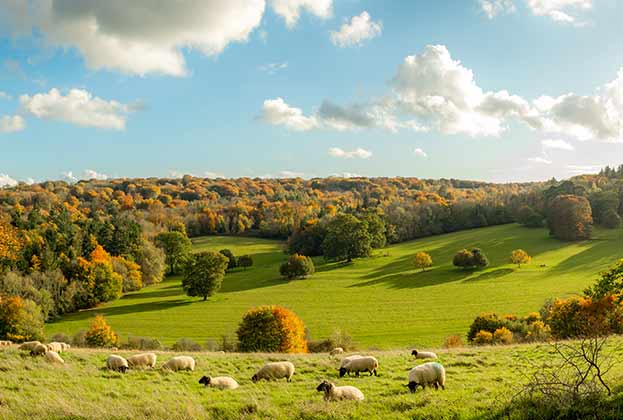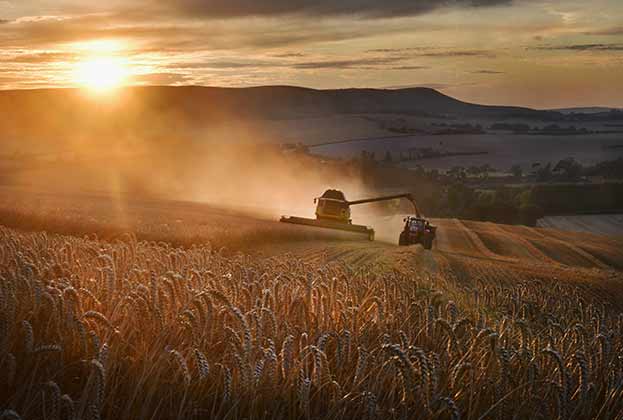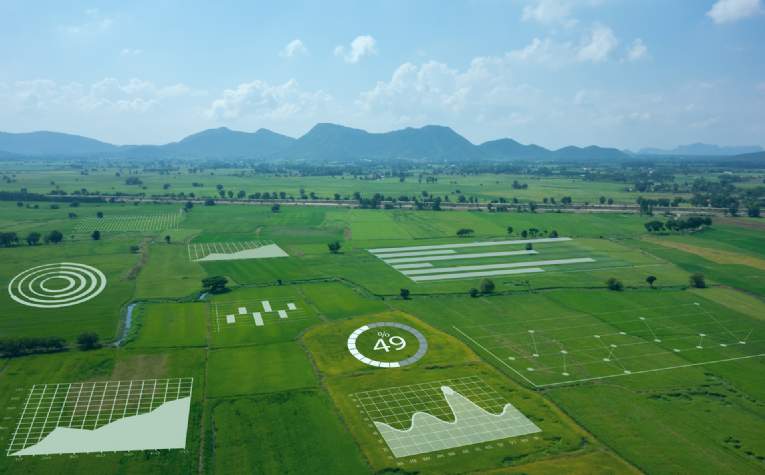First introduced by conservationist Dave Forman in the Nineties, the concept of rewilding is defined by the charity, Rewilding Britain, as ‘the large-scale restoration of ecosystems where nature can take care of itself. It seeks to reinstate natural processes and, where appropriate, missing species – allowing them to shape the landscape and the habitats within’.
The term could therefore be understood to mean ‘re-introducing missing animals and allowing land and habitats to revert to a pre-cultivated state’. Once almost unheard of, rewilding is now starting to gain popularity and has notable advocates, such as journalist George Monbiot.
As the current system of agricultural subsidies shifts from direct payments to environmental-based payments, land managers will be paid according to the public goods they provide, not the amount of land they occupy. For some, this may make marginal agricultural land, once made viable by subsidies, no longer profitable. Rewilding may provide a solution for those who find themselves in this situation.
At one end of the spectrum are larger projects like the 3,500-acre Knepp Estate, on which a commercial arable/dairy farm was rewilded to a wild paradise where Longhorn cattle, Tamworth pigs, Exmoor ponies and deer roam free with no supplementary feeding and minimal intervention. Vegetation takes hold, only kept in check by the animals that graze it.
The Estate still produces meat but in a low-density way, which is better for the animals, environment and consumer. Knepp has taken advantage of the tourism opportunities a wild landscape provides, offering safari-type tours for nature enthusiasts.
For smaller field scale trials, funding can be found through existing environmental schemes, such as Entry Level Stewardship and Countryside Stewardship. Both schemes offer payments of around £300-£400 per hectare for field corners and areas of land to be taken out of management and allowed to rewild.
Further information
Contact Savills Food & Farming
.jpg)
.jpg)
.jpg)



.jpg)
.jpg)
.jpg)
.jpg)
